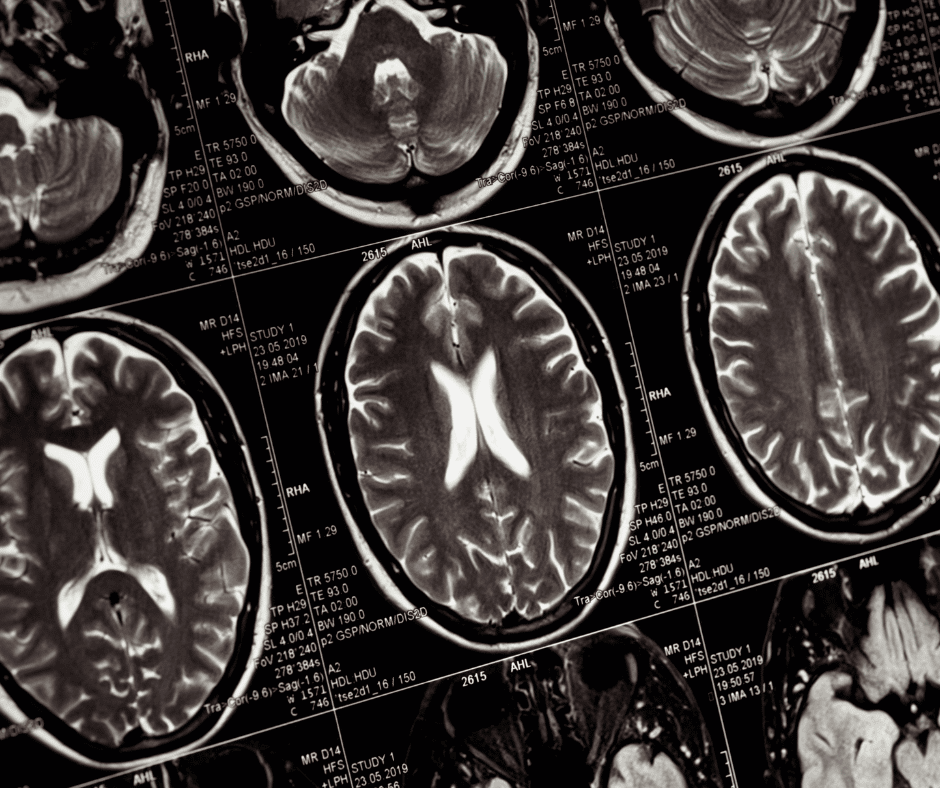What makes human brains different from animal brains? This is a question that has been debated by scientists for many years. Some people believe that the only thing that makes human brains different is our level of intelligence. However, new research suggests that there are actually several key differences between human and animal brains. In this blog post, we will explore some of these differences and discuss their implications for neuroscience research.

The first major difference between human and animal brains is the size of the brain. On average, humans have brains that are approximately three times larger than those of animals. This larger size allows for more complex thinking, as well as a greater capacity to process information. As a result, humans are able to think abstractly and solve problems much more quickly than animals can.
Secondly, the connections within the human brain are much denser than in animal brains. Scientists believe that this increased density makes it easier for us to communicate our thoughts and feelings with each other. It also enables us to form new neural pathways more easily, allowing us to develop skills quickly and remember them for longer periods of time.

Finally, humans possess a unique ability to use language. This is because our brains are wired differently than other animals, enabling us to understand and express complex concepts more easily. In addition, the structure of human brains allows us to recognize facial expressions and interpret social cues in a more sophisticated manner than other animals can.
In conclusion, there are several key differences between human and animal brains that make us uniquely suited for higher levels of thinking. These differences give us an advantage over other species when it comes to solving problems or understanding the world around us. Understanding these differences will help scientists better understand how the brain works and uncover new treatments for neurological disorders. With this knowledge, we can continue pushing forward in our quest for a deeper understanding of the brain and its complexities.
